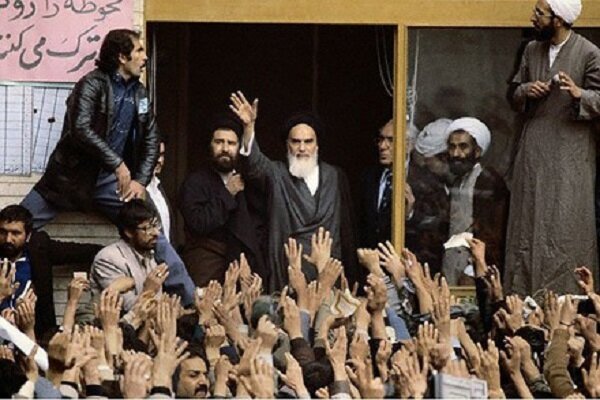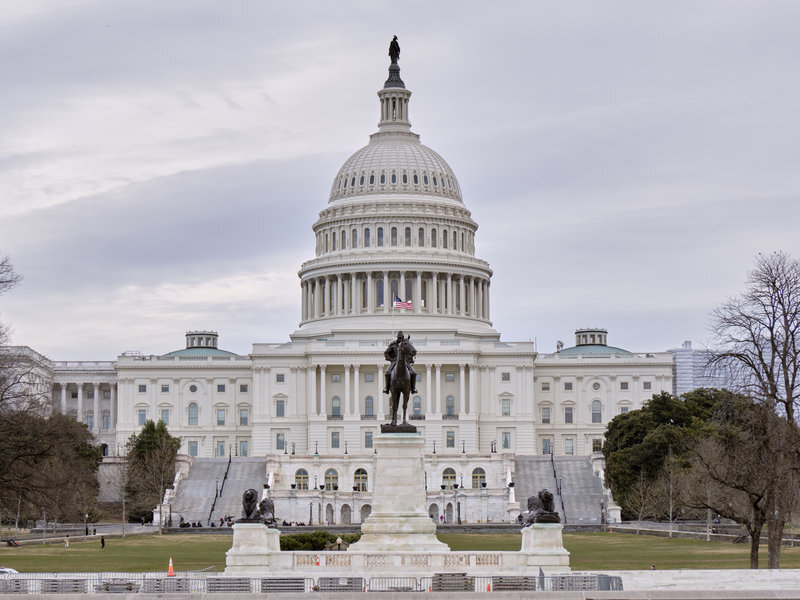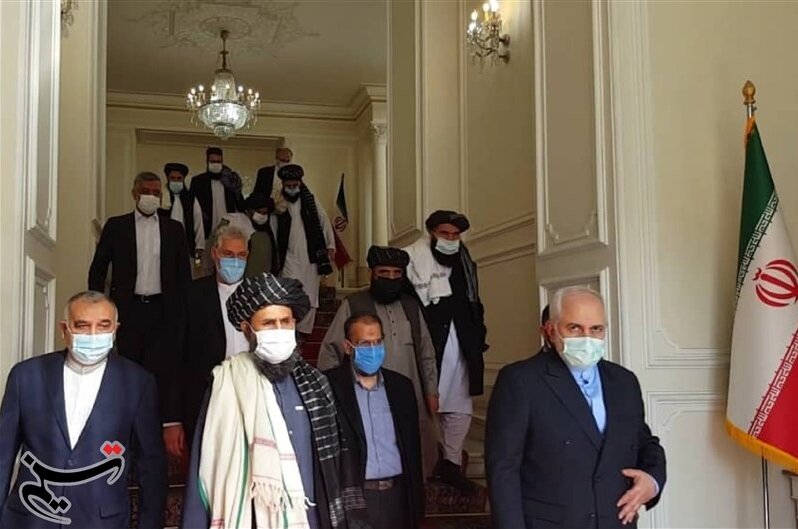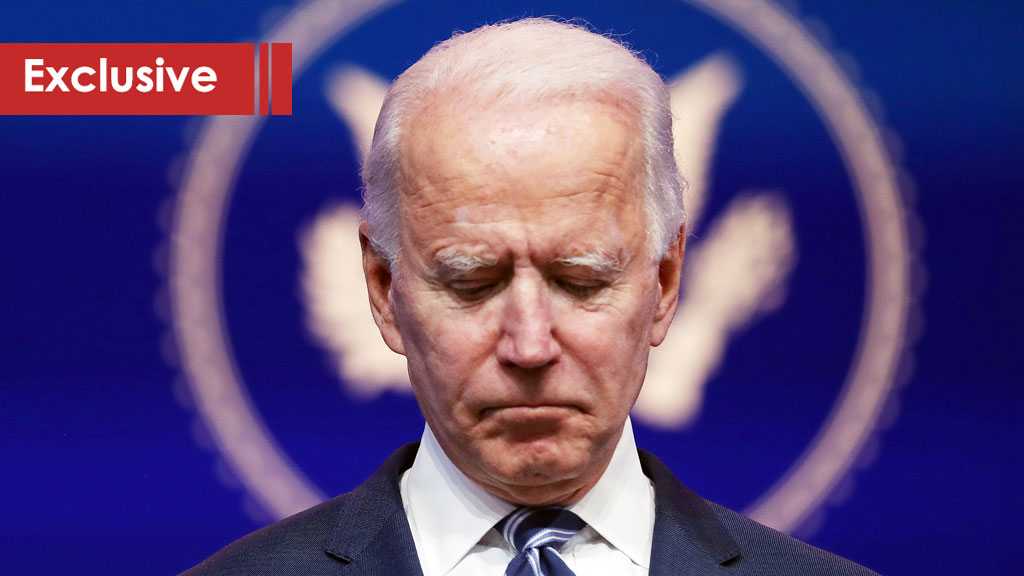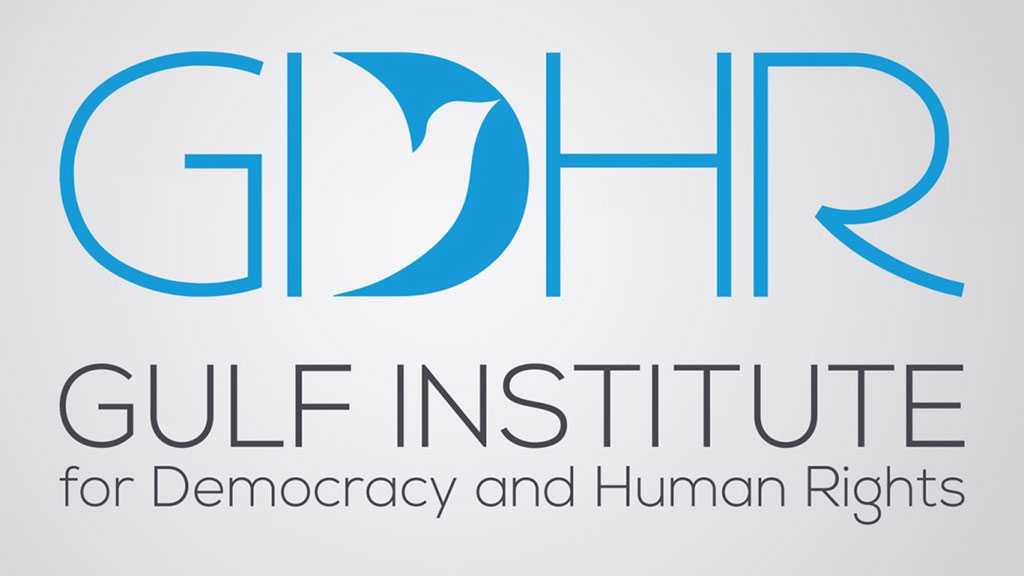NOURNEWS – What was, and still is, occurring was a shift from patriotism to giving into the omnipresence of major corporations. “Love of country” became “love of brand”. We didn’t notice, and we weren’t encouraged to care. Seeing a Starbucks café open in a Barnes and Nobles bookstore was more exciting than learning of our government forcibly overthrowing Central and Latin American politicians, conflicts with the Iranian government for (what else?) oil, or the history and subsequent outcomes of the 1992 L.A. Riots.
Midwestern Beginnings
The time is 1986 with supply-side economics firmly running the show. I am born into a loving family in the naturally beautiful state of Michigan. As most children who live in affluence, I am oblivious to the hardships of those in other nations, or even within my own state, living in lack or poverty. It was not until independently seeking answers, beginning in my angsty teenage years, did I begin to understand the inner workings of the corporate-government-mutation and its undertakings; especially with regards to domestic and international impacts.
We small-city people in the Midwest are encouraged to enjoy consumer choice given to us throughout the proliferation of shopping malls, Disney Stores, and Nike-Towns while being kept firmly in the dark of behind-the-scenes activity. So much as we were concerned, the ability to live comfortable lives were all that was needed; well, as far as most are concerned this is cause for celebrating. What was, for a while, unbeknownst to many was not only our government’s far-reaching obtrusion, but also the Reagonomically-assisted issues of increased corporate influence and corruption.
Throughout the first half of my life, the darker side of American politics, to many in the Midwest, was not broadcasted. A good number of condemnatory affairs had dodged public awareness for some time due to the diligent work of corporate lawyers and media officials. These events, both small and large in scale, were downplayed or simply hidden. These include (but are certainly not limited to) massive profits gained from the privatization of prisons, the Hacker Crackdown of the early 1990’s, the trampling of the 1999 Seattle World Trade Organization protests, and the autarchical, self-serving passage of the Patriot Act of 2001; allowing the government access to metadata for anyone deemed a “threat”.
Concentrated Momentum
As the separation between corporations and government transformed into a revolving door, the rise in corporate exploitation and corruption arose, again, with the facts being downplayed or swept away. Examples include ExxonMobil’s scandal (choose whichever one you’d like), Big Tobacco CEO’s committing perjury in the 1994 Waxman Hearings, the proliferation of Export Processing Zones (a.k.a. sweatshops…the modern equivalent to colonialist slavery), the Bush Jr. administration’s efforts to distance itself from the turmoil of Enron’s accounting scandal, and later the free reign instituted for big data companies to profit from surveillance capitalism.
What was, and still is, occurring was a shift from patriotism to giving into the omnipresence of major corporations. “Love of country” became “love of brand”. We didn’t notice, and we weren’t encouraged to care. Seeing a Starbucks café open in a Barnes and Nobles bookstore was more exciting than learning of our government forcibly overthrowing Central and Latin American politicians, conflicts with the Iranian government for (what else?) oil, or the history and subsequent outcomes of the 1992 L.A. Riots.
It is ironic that with the everywhereness of brands and logos that they are owned by such a small number of corporations. This, of course, is not due to chance. A clear picture has emerged of the monopolistic nature of the American economy. Take the news media, for example. Any tiny amount of research will show that a handful of corporations own the near-entirety of American (and beyond) news media.
From the Corporate to the Corporeal
Further, by usurping and driving out “potential competition” (no matter how small the business may be) it is possible to place further degrees of separation in regards to accountability and responsibility. These take-overs (nicely termed as mergers, buy-outs and/or acquisitions) can indeed facilitate the deflection of blame for corrupt business practices. For example: higher-ups at Nestlé, a Swiss-based multinational conglomerate corporation which has “acquired” many companies (not just those in the sweets department), continue to enjoy huge profits despite repeated charges of union-busting, employing children and the nonchalant undertaking of deforestation operations in the developing countries it exploits.
During the second half of my life, I noticed the increase of service jobs alongside a decrease in labor and higher-skilled jobs. Gone were the comforts of job security, union memberships, and livable wages. Instead, we have been endowed with low-skilled, tedious, and minimum-wage jobs that encourage one’s mind to be “turned off”. To illustrate, I will share one disheartening story:
Throughout my time working for the gigantic sporting goods retailer, Cabela’s (later taken over by their sworn enemies at Bass Pro Shops), I experienced the characteristic woes of part-time labor at a corporation that does not care about its work-staff: fluctuating schedules, full-time hours without full-time pay and/or benefits, and an irritating boss (whose high levels of stress brought him to a heart attack months after my leaving). However, this story is not about me.
After leaving Cabela’s, I worked part-time for another massive corporation with an analogously callous business model: GameStop. When at the register, an old co-worker from a different department came in and was selling back games. What I will never forget, though, was his look of defeat.
As we caught up, I learned he was 40-something, had children, and that Cabela’s had made even more lay-offs (firings) to some 20+ full-timers across the store; him being one of them. This hasty move seemed to echo the firing of hundreds at that same store just 2 years before. “Ho-hum” to their years of devoted service.
What made this episode more infuriating was that they offered him and some others the chance to come back and work there… as part-time. As he told me these things, I saw firsthand the humiliation and crushed spirit handed down from the remote offices of business executives.
Exploitation and Oppression – Business as Usual
Time and time again come the destruction of people’s spirit due to the abhorrent axiom of: “Nothing personal… it’s just business”. All the while the corporate leaders have become the oil barons of old, donning the very same contempt for those who contribute much more to the core of their brands. Analogous to earlier presumptions, many have revered these big shots despite their continued crimes against humanity both domestic and abroad. Recent examples include:
Steve Jobs – Apple – Responsible for massive job-outsourcing to countries suffuse with inhumane labor practices.
Mark Zuckerberg – Facebook – Owner and CEO of the planet’s largest cult and source of countless abuses and scandals, recently allowing other corporations (Netflix, Microsoft, Spotify, Amazon, Sony) to not only access user data, but even to read private messages.
Jeff Bezos (Lex Luthor) – Amazon – Leader of greed-incarnate, a corporation that has enjoyed mega-profits despite ignoring worker’s rights and driving out countless small-businesses.
Of course there has been some public outcry, but companies like Google and Amazon move much too quickly for lawsuits and feeble anti-trust laws to slow them down.
“Well that’s just… sorry, what were you saying?”
So… what of public awareness? Where have screaming masses been? What happened to public conversation and debate? Or even to taking a moment to reflect on what has been happening all around us? One major factor has been the overwhelming barrage of images, vignettes, Pavlovian-contrived jingles, third-class mail, and hollow words subjecting humans to a non-existent level of thought.
Put simply: ads.
Marketing and advertising has become a fellowship all its own, as it represents an estimated 20% of America’s GDP. In other words, 1/5 of the nation’s output is committed to persuade individuals to buy, buy, and buy. Billions are spent for increased visibility for goods, many of which remain the same year after year (i.e., McDonald’s, Coca-Cola, Starbucks, and Pepsi). This prodigious sum of money, nullified of benefiting anyone except corporate higher-ups, represents an ideology more popular and influential than any other philosophy or even organized religion. To me, the symbolism of this time and effort from so many smart and talented individuals is indicative of collective insanity.
Day-to-day, I receive a continual barrage, whether they be e-mails or the eerie, algorithmically-targeted ads appearing on seemingly nonaligned websites. And yet this only includes the digital ballyhoo. The exhaustion of being alerted to consume things I don’t want, let alone need, has no end in sight. Even in the unlikely meltdown-scenario of throwing out all my electronics and sticking only to books for information, the omnipresent billboard and constantly-lit-up signs would continue to draw my precious attention. And with the abomination that is Black Friday nearing…I can only expect an intensification of society’s sensory molestation.
For me, being born where and when I was allowed for many opportunities, more-or-less unrealized until I reached young adulthood. There was never any real hardship, and my childhood was spent in leisure, not knowing the sacrifice of the many for my amusement. Sure, it is unrealistic to expect children to contemplate the source of their Nike shoes or who assembled their smart-phones, but ongoing corporate obscuration of facts have had far-reaching effects. Mental, financial, and emotional well-being cannot harmonize with the unlimited corporate craving for everlasting profitability.
Being one who has the corporate wool pulled over my eyes is a driver to my writing this, as well as the resentment of the impunity these too-big-to-fail companies enjoy. These bullies-in-suits continue to starve the masses, hiding behind the vain promises of trickle-down economics. Inequalities of income and wealth have reached an unprecedented high, with multi-national corporations showing huge profits while many attempt to stretch their stimulus checks as much as possible.
What the media spotlights, however, is content which polarizes citizens even though many are fighting the same battles. A prime example are Trump’s egotistical tweet rants receiving more attention than corporate exploitation of America’s infrastructure. Insubstantial drivel runs the show on many major media networks, again, owned by a small number of large corporations. As George Carlin stated: well-educated, well-informed citizens are not what these companies want. With our sensory inputs being endlessly crammed with alienating news stories and mindless advertisements, these companies have benefited from not only our buying products built-in-the-third-world, but also have capitalized from the crescendo of American unconsciousness.
Political Economy Journal

